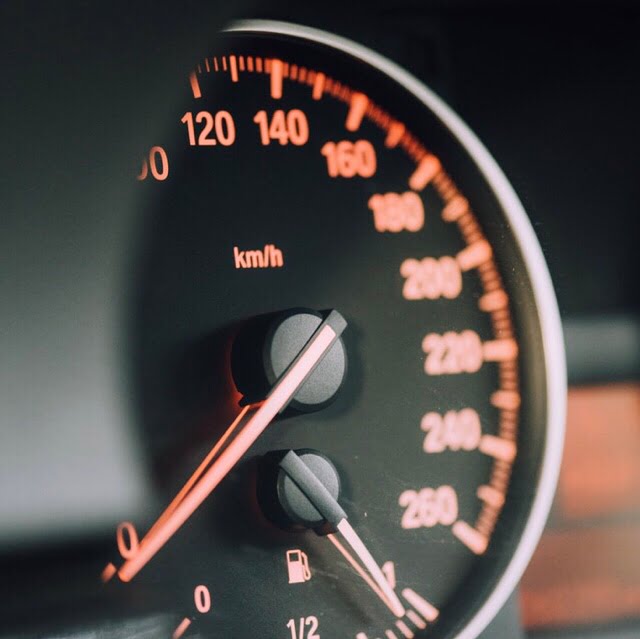As soon as you pass your driving test, all you want to do is get out on the roads in your very own car. As exciting as this time may be, however, it’s still highly beneficial to exercise a bit of caution and patience. When it comes to buying your first motor there’s nothing smart about rushing in — doing so will see you face more problems further down the road.
Exercising caution doesn’t mean being inactive when it comes to finding the perfect car for you, though. You should still be proactive at this time, and you should still try to set up your life as a driver in the most fruitful way possible. To find three top tips on how to buy your first car in the right way, read on.
1. Sort out the financial aspects of the venture
Before you do anything else in your car-buying venture, you need to work out your budget as well as how much you are willing to spend. This is essential because it’ll stop your spending from spiraling out of control, and it’ll help you to avoid paying too little and then having to face any buying regrets further down the line.
You also have to take future running costs into account. It’s no good just factoring the cost of the car into your financial plans. You also have to deliberate insuring the vehicle, getting it taxed, getting it tested, and then having work done to it to ensure it is roadworthy.
Something else that you must consider is how you are going to pay for your car. Are you able to buy the car outright, or will you be going down the financing route? Regarding the latter, if you wish to take out a car loan to cover your bill, then you should check out the best auto loans at Crediful.com. Doing so will help you to make the most informed decision on the matter possible.
2. Be scrupulous when it comes to checking your chosen car
You may think that you have found the perfect car for you, but that might not necessarily be the case. Any vehicle can be made to look and sound good on the outside, but you cannot commit to anything until you’ve meticulously checked that your chosen car is in good working order. This means checking to ensure that the quality of your car is in keeping with its age, its model, and the number of miles it has run; this means ensuring that the car can carry out all the functions and purposes expected of it; and this means it matches its description exactly. If you can’t perform these tests yourself, then have a trusted mechanic carry them out for you. Only then will any underlying problems with the car be unearthed, and only when these troubles are unearthed can you stop them from becoming actual headaches of yours.
If you want your first car to truly help you in your quest to grow as a driver, then it needs to be in full working order. Taking the above advice is the first step, but there is something else that you must do: take it for a spin. Only when you get behind the wheel yourself can you get a feel for the car’s capabilities. When you take it for a ride, you should test the clutch and the brakes to ensure they do not feel worn, you should head to a road where you can hit at least 60mph to ensure it is capable of high-speed driving, and you should make sure that the steering wheel does not vibrate while you drive.
3. Don’t trust everybody’s advice
As an inexperienced car owner, you will experience plenty of people sticking their nose into your car-buying business. The family members and friends of yours who own their own cars will try to give you an insight into car buying — their advice might come with the best of intentions, but they don’t know your situation quite like you do. There will even be car dealers out there who try to push you towards certain buys — the advice they give will be very much designed to sway you towards lining their pockets. This all means that the only person that you can really trust in this situation is yourself, and you’re the only one who can bring about the best results for you.
Your first car will always remain a favorite of yours, even after many years (and cars) have gone by. Be sure you invest in a car that’ll last for many years so that you do not have to worry about further expenses.






